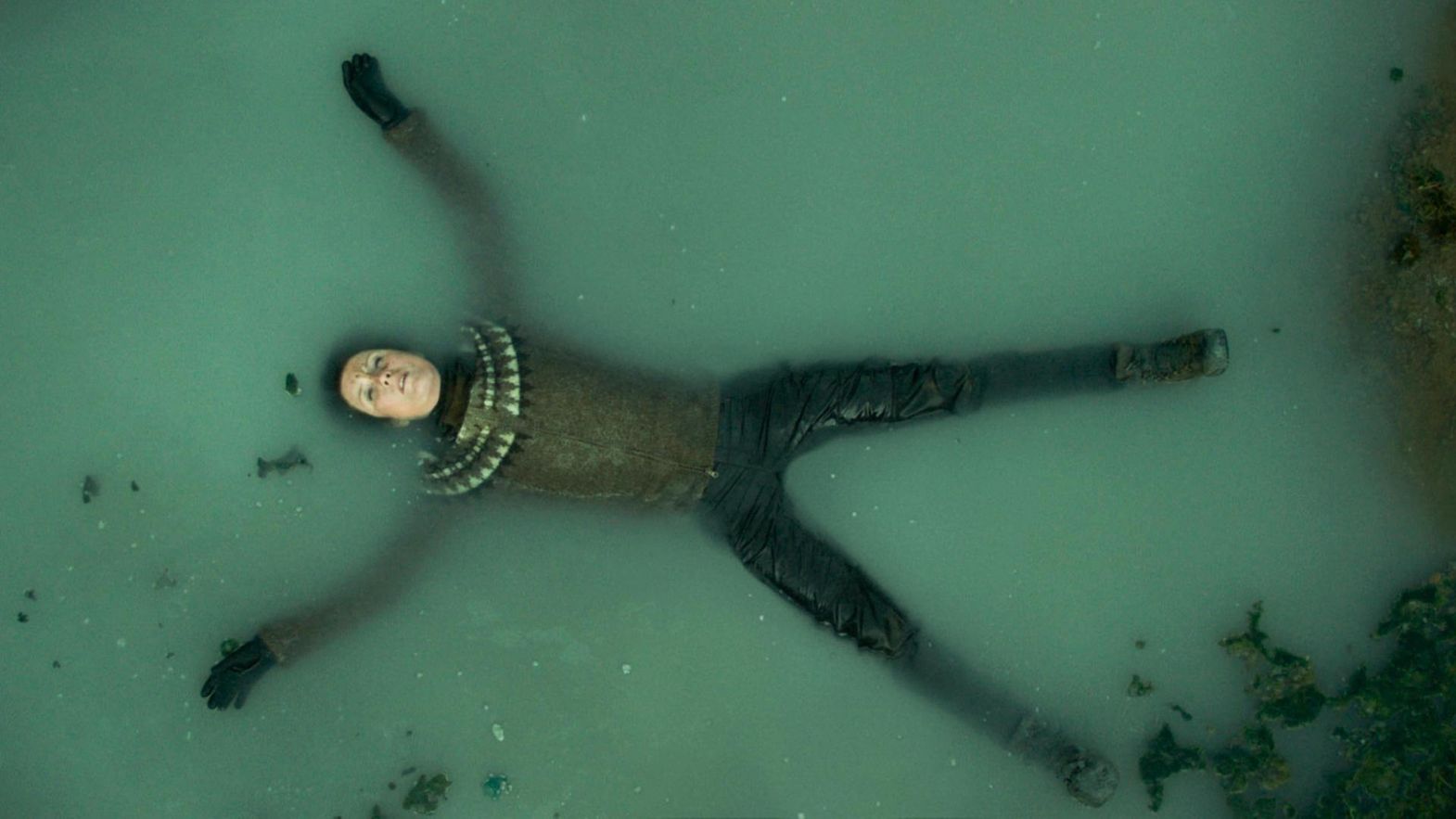 © Copyright at Filmcoopi Zürich
© Copyright at Filmcoopi Zürich
The third feature film by Benedikt Erlingsson, after Of Horses and Men and The Show of Shows, and a great international success, starting with the world premiere at the Critics Week in Cannes in 2018, Kona fer í stríð (Woman at War) helps bring contemporary Icelandic cinema to the fore. It’s an amusing and intelligent comedy, as well as being openly political in its environmentalist stance, a winning example of a much more heterogeneous filmmaking country than one might think.
Just to name a few examples, the previous year at the Locarno Film Festival one of the award winners was Winter Brothers, the mature debut of Hlynur Pálmason, who in just a few years has become one of the most interesting directors in world cinema. In addition to the veteran Baltasar Kormákur, who in a twenty-year filmography has not shied away films with strong commercial potential and Hollywood productions, without claiming to be exhaustive we have at least to mention Valdimar Jóhannsson and the recent Lamb, a singular black fairy tale with disturbing atmospheres, and Grímur Hákonarson and Rams, of which an Australian remake was made in 2020, with the same title.
We can also include the Paris-born Dagur Kári, director of Noi the Albino and Virgin Mountain, on the list of filmmakers who have exported Icelandic cinema all over the world. And before his untimely death, one of the most capable contemporary film music composers, Jóhann Jóhannsson, had moved on to directing with Last and First Men. If we think about how musical talents such as Björk or Sigur Rós are still on the crest of the wave today, we have a better understanding of the scope of this new Icelandic cultural wave, which has made Iceland known the world over.
The quality of Benedikt Erlingsson's film screened at this edition of the Locarno Film Festival is therefore not surprising. It will be an opportunity to rewatch or, for those who missed it five years ago, discover a director capable of alternating a light tone with moments of reflection or drama, and relying on an extraordinary actress, Halldóra Geirharðsdóttir, who deservedly garnered festival awards for her performance. We will not reveal the twists and turns that the skillful screenplay, written by Erlingsson himself together with Ólafur Egilsson, offers up in an emotional swing that makes the narrative rhythm a strong point. We laugh when we watch Kona fer í stríð, but they are often bitter laughs, as the private seeps into the story of fifty-year-old Halla, an activist with radical methods increasingly determined to defeat the aluminum industry and its ties to the government through the most disparate forms of sabotage...
Kona fer í stríð is the ultimate movie about eco-anxiety, before it was called such. A cult of our times.
Francesco Grieco